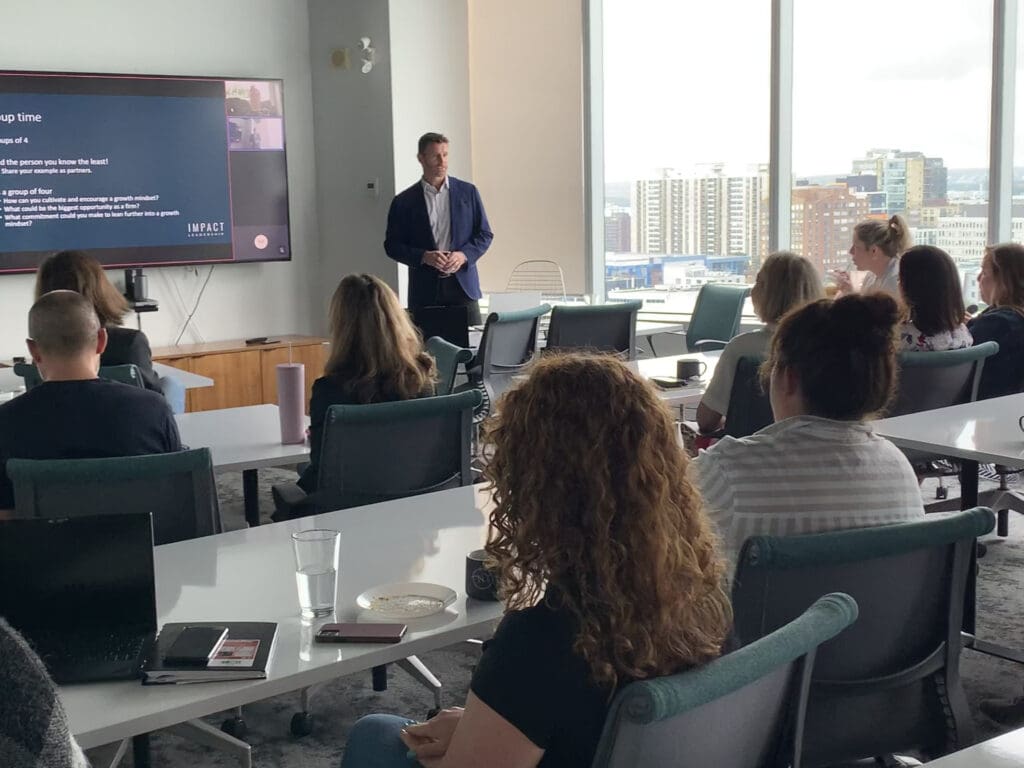Phil set the tone for our 2 day retreat. His relatable style and depth of lived experienced resonated with the group as was obvious from the numerous call backs to his key points throughout the rest of the retreat. I highly recommend working with Phil Jewell as a high-impact collaborator for your next offsite or retreat.
Interactive, cohort-based program, that provides leaders/emerging leaders with knowledge and skills to enhance leadership competencies within their organizations.
The customizable course(s) will follow the principle of ‘spaced out learning’ and be delivered over a period of 3 months, with approximately 2 hrs of online, asynchronous learning (on own time at own pace) per week, combined with in-person (or virtual if required/requested), half-day facilitated workshops at key intervals to bring the learning to life (approximately every 3-4 weeks).
The hybrid approach to learning will maximize the opportunities to develop long lasting leadership behaviours, as well as minimizing time away from regular roles and duties, limiting the impact on operational workloads and responsibilities.
The course presents learnings in a multitude of different ways to meet the needs of individual learning styles and includes a variety of exercises to further help grasp what is being taught and how it applies to us all as leaders.
It takes a coaching lens and style, to help participants ask the questions ‘What, So What? Now What?’, and includes weekly group forum discussions to help share insights and maximize learnings.
The course can also include an Emotional Intelligence assessment and associated one-on-one debrief, highlighting the principle that you can only lead others as far as you can lead yourself.





















